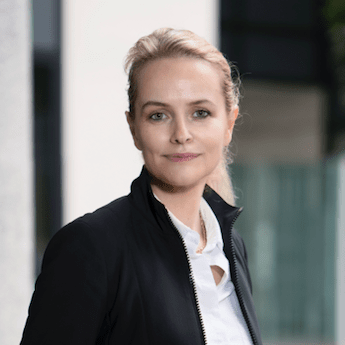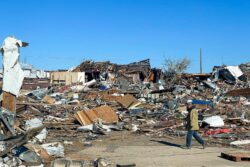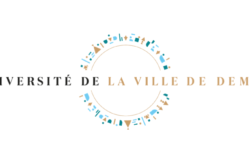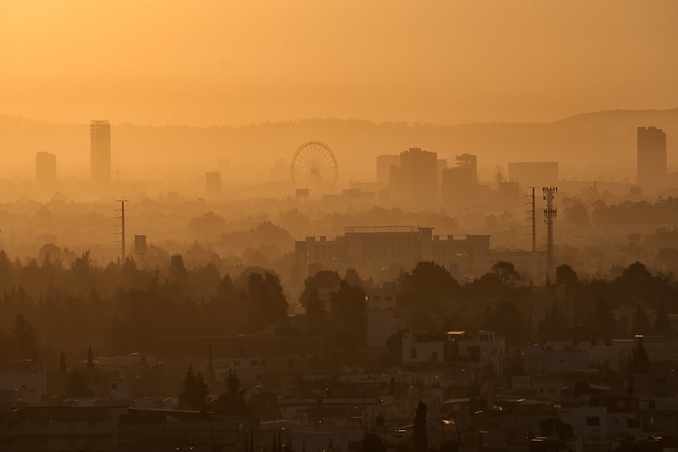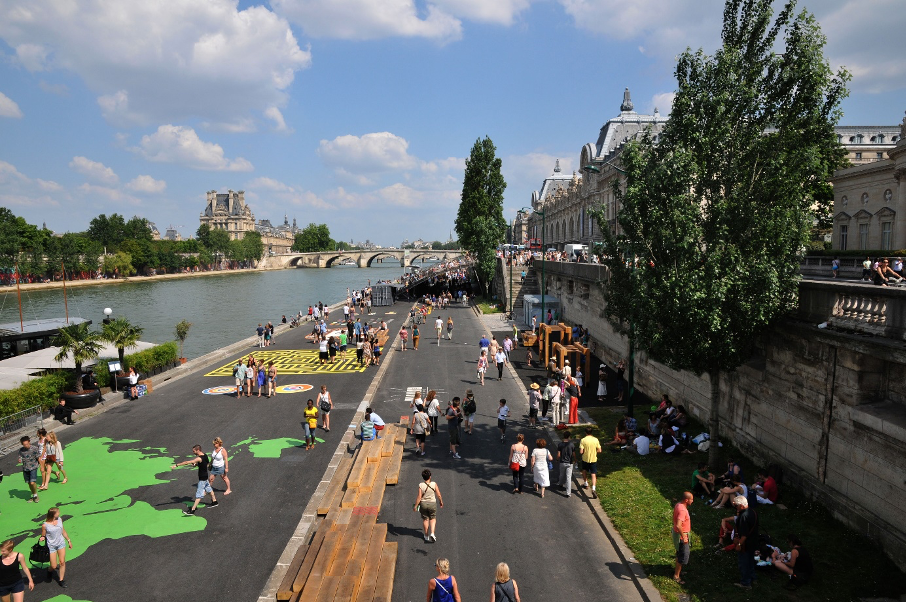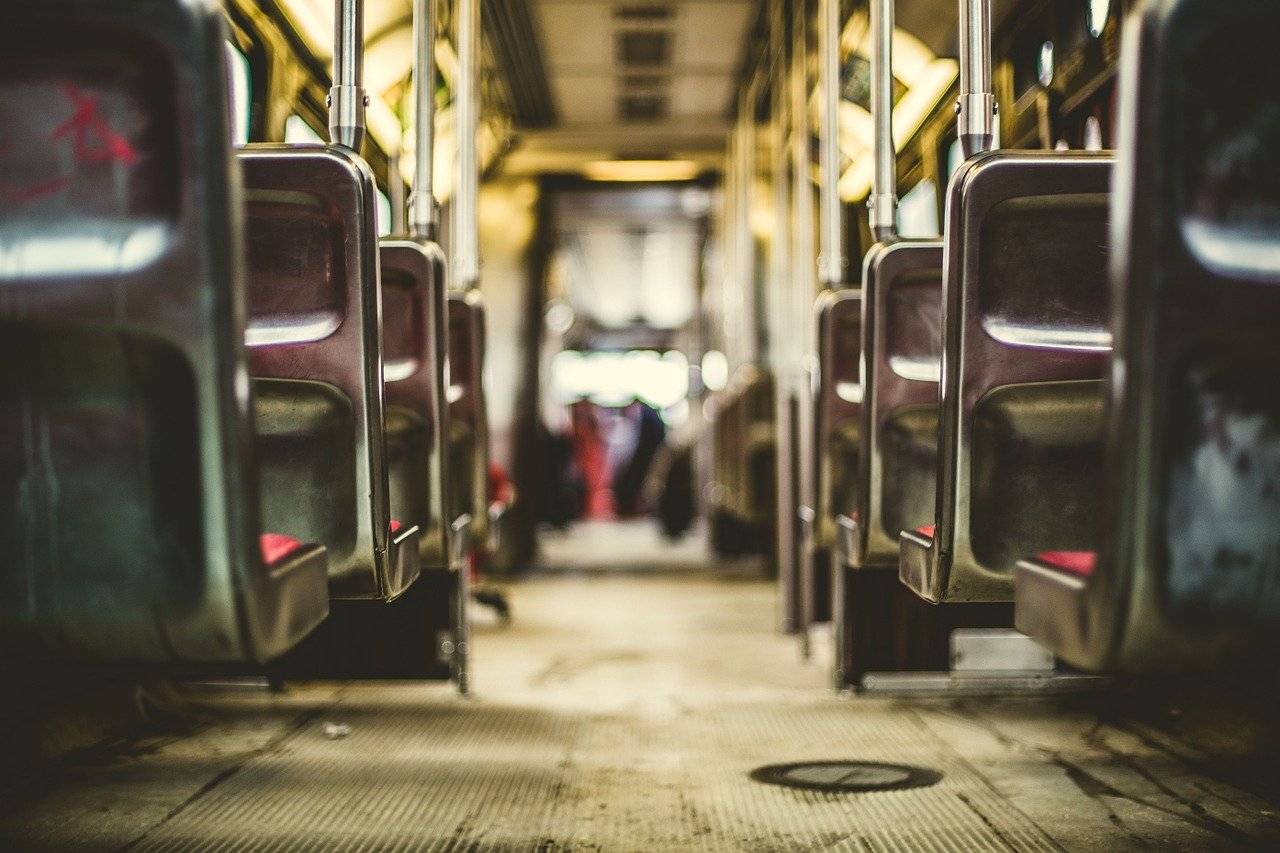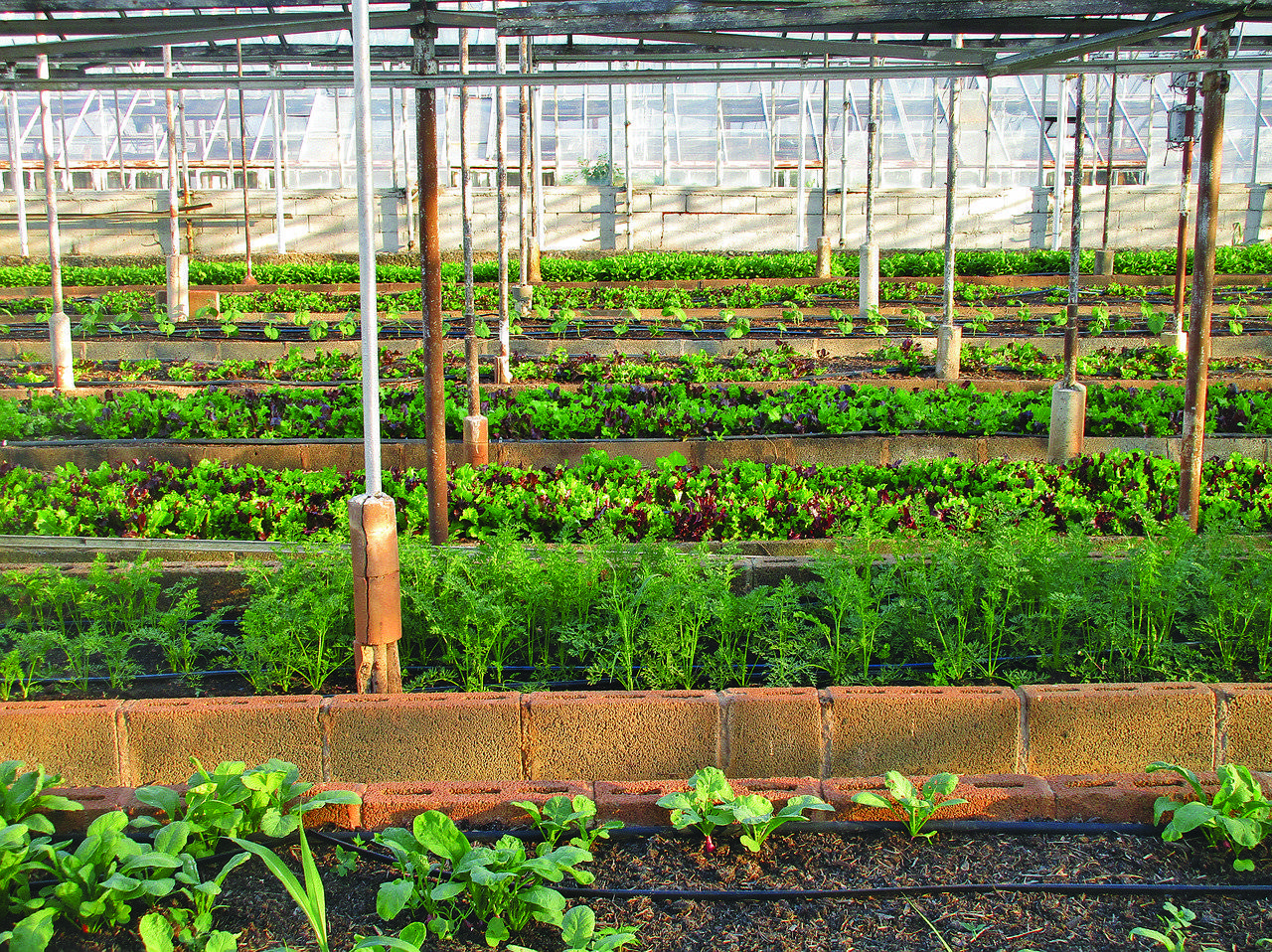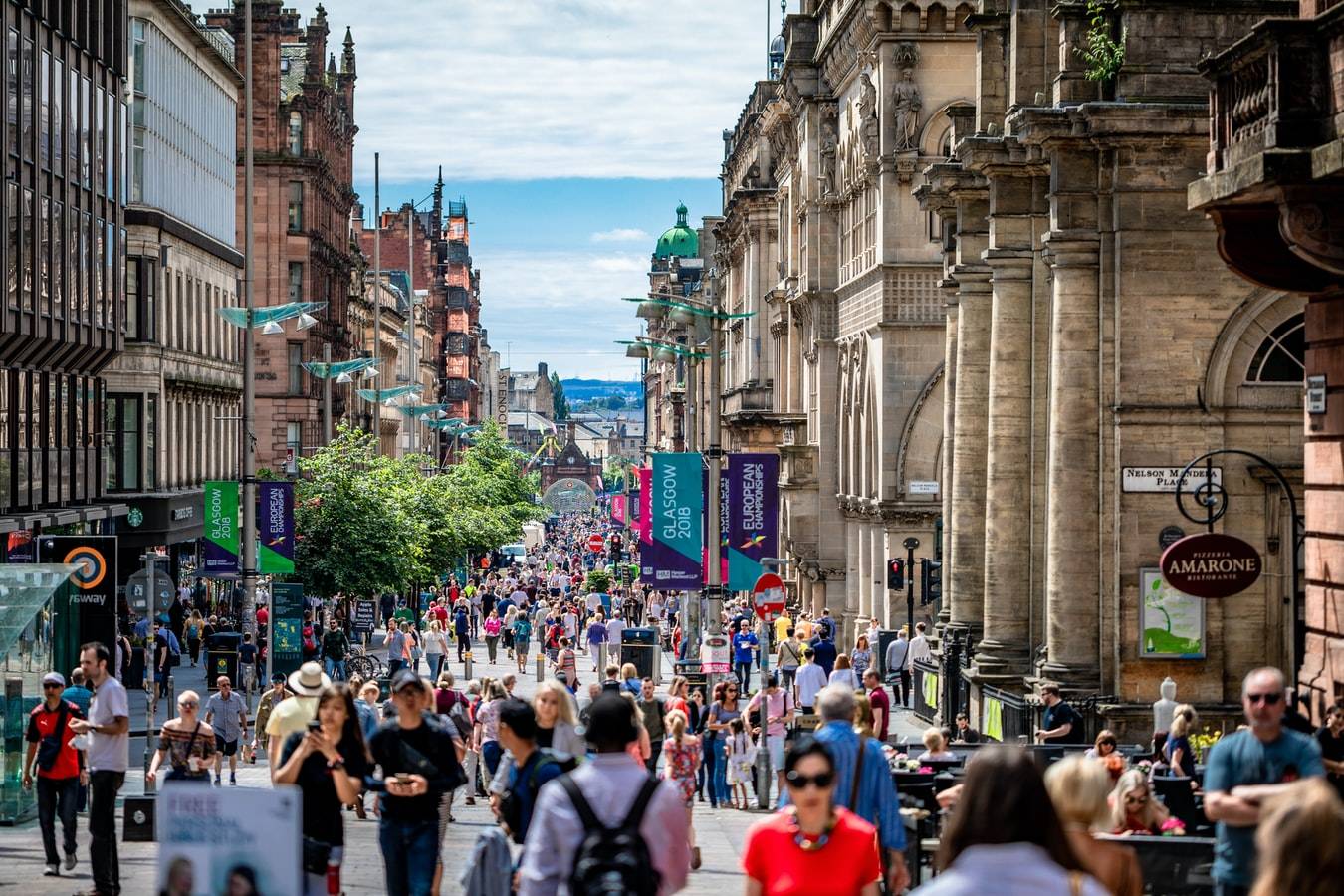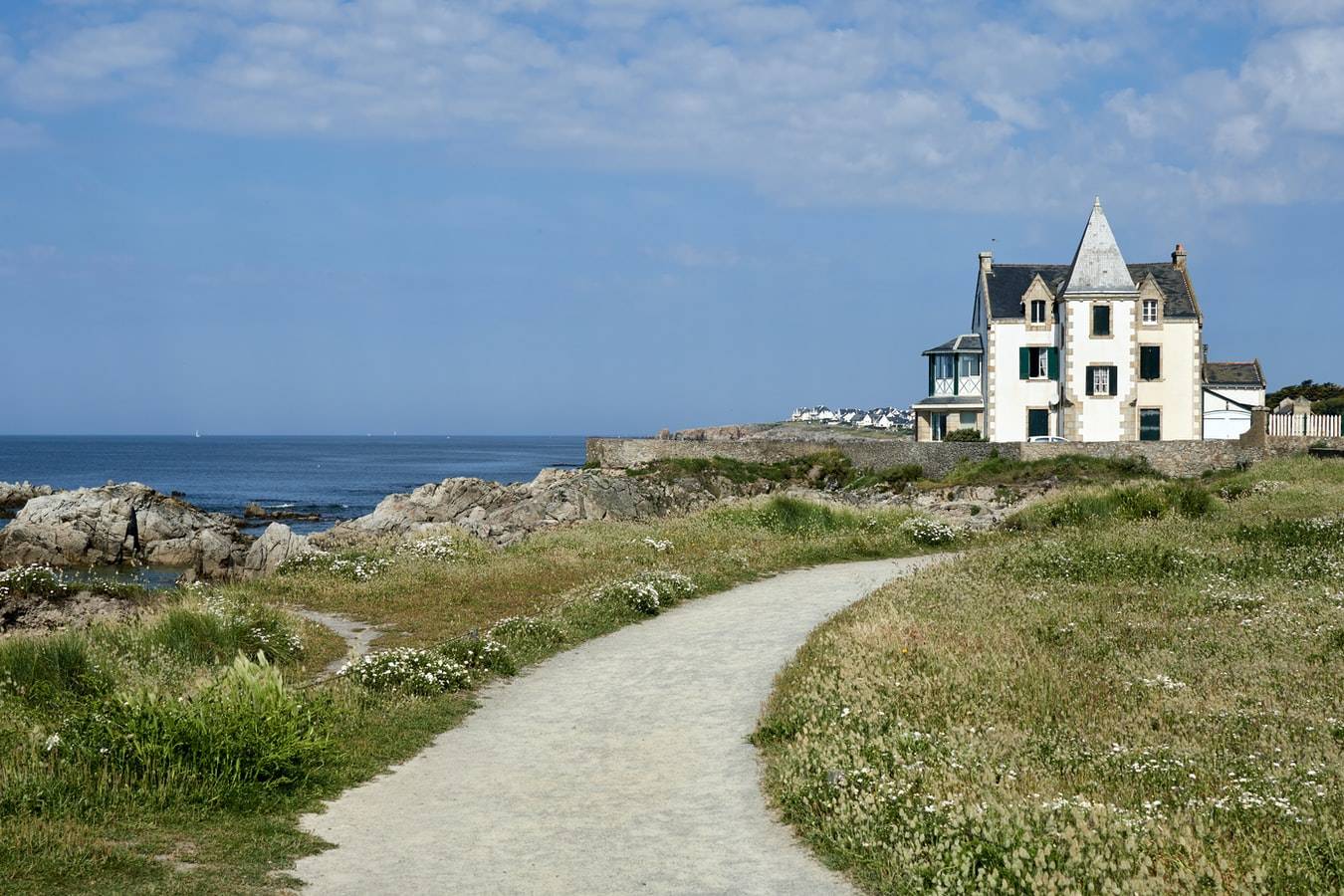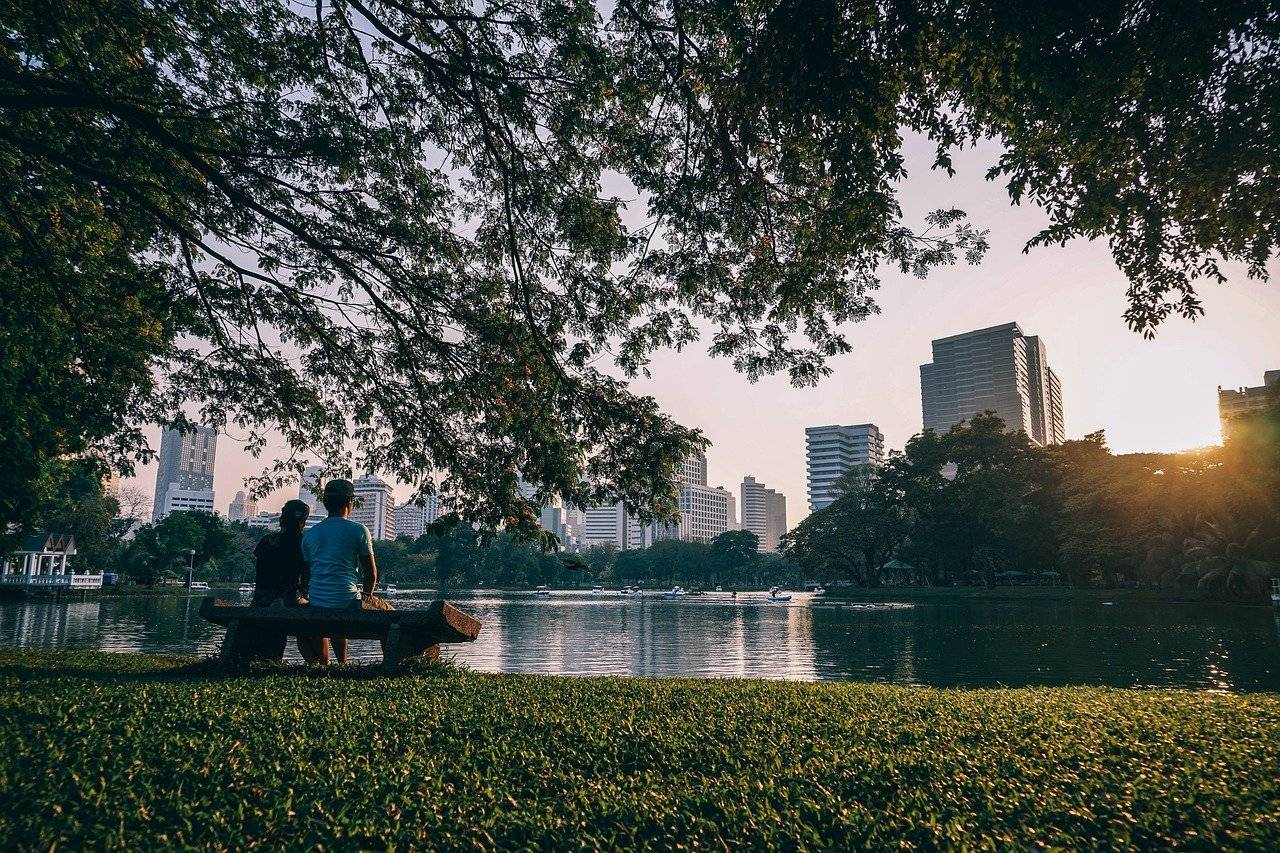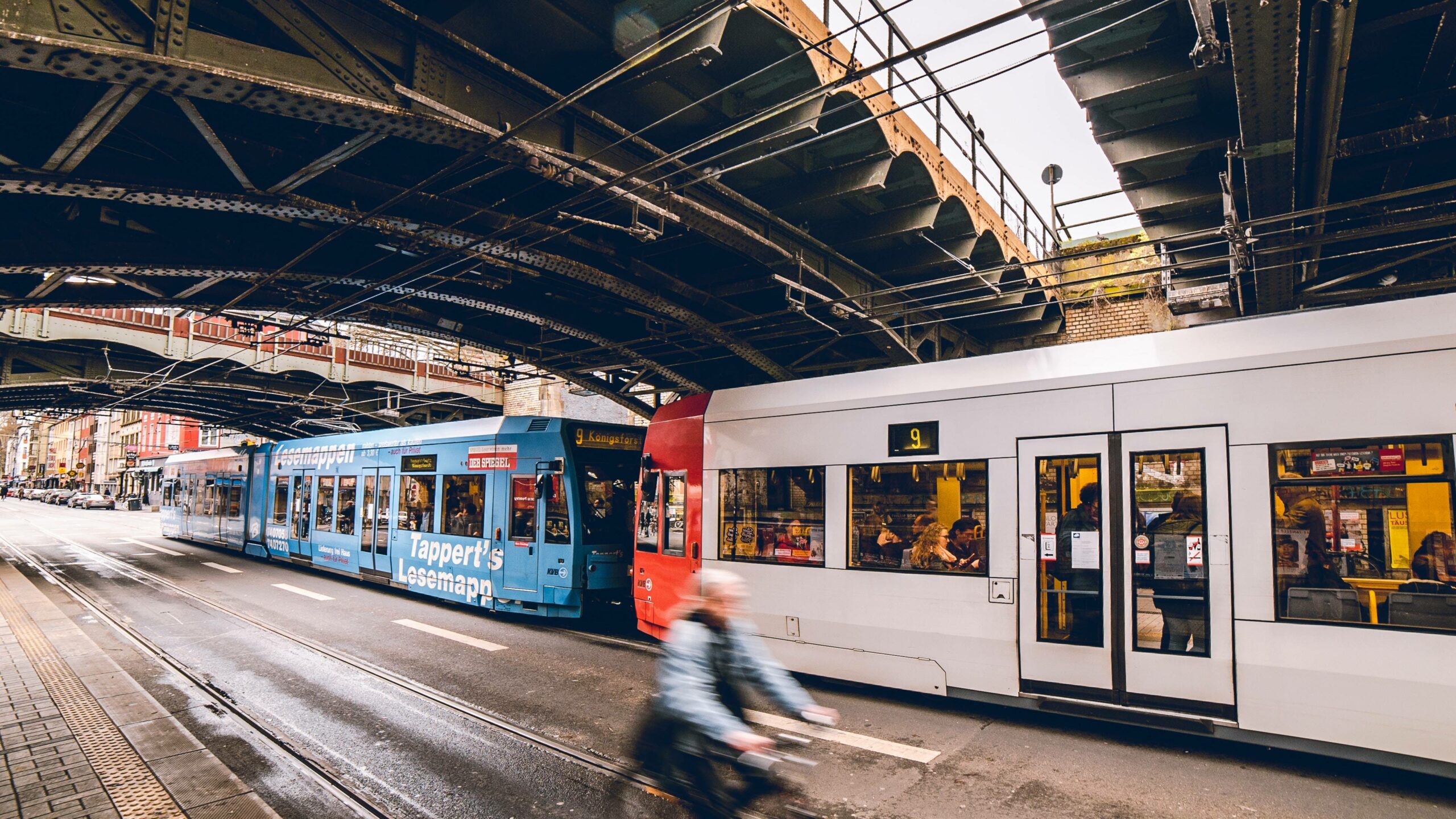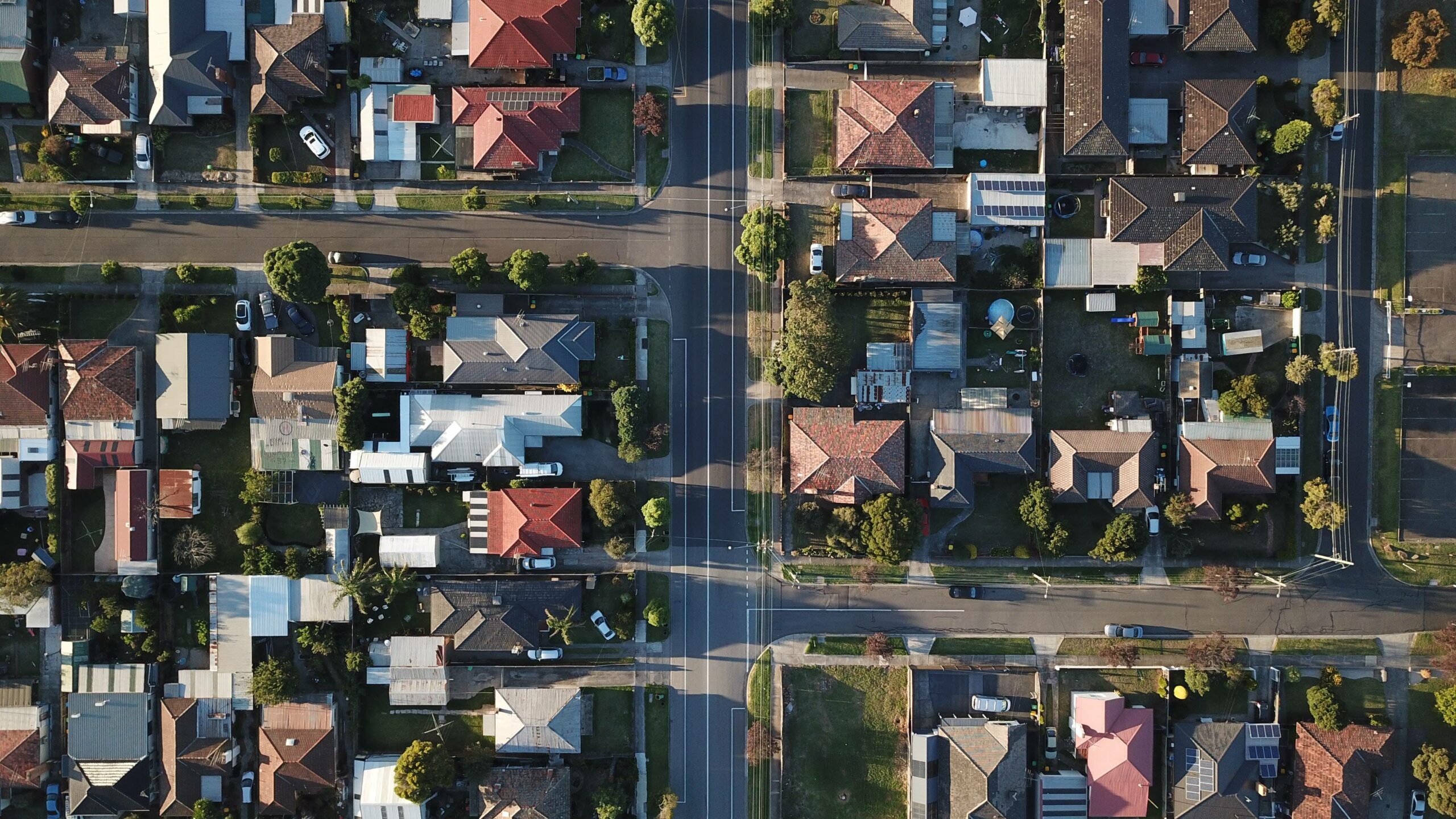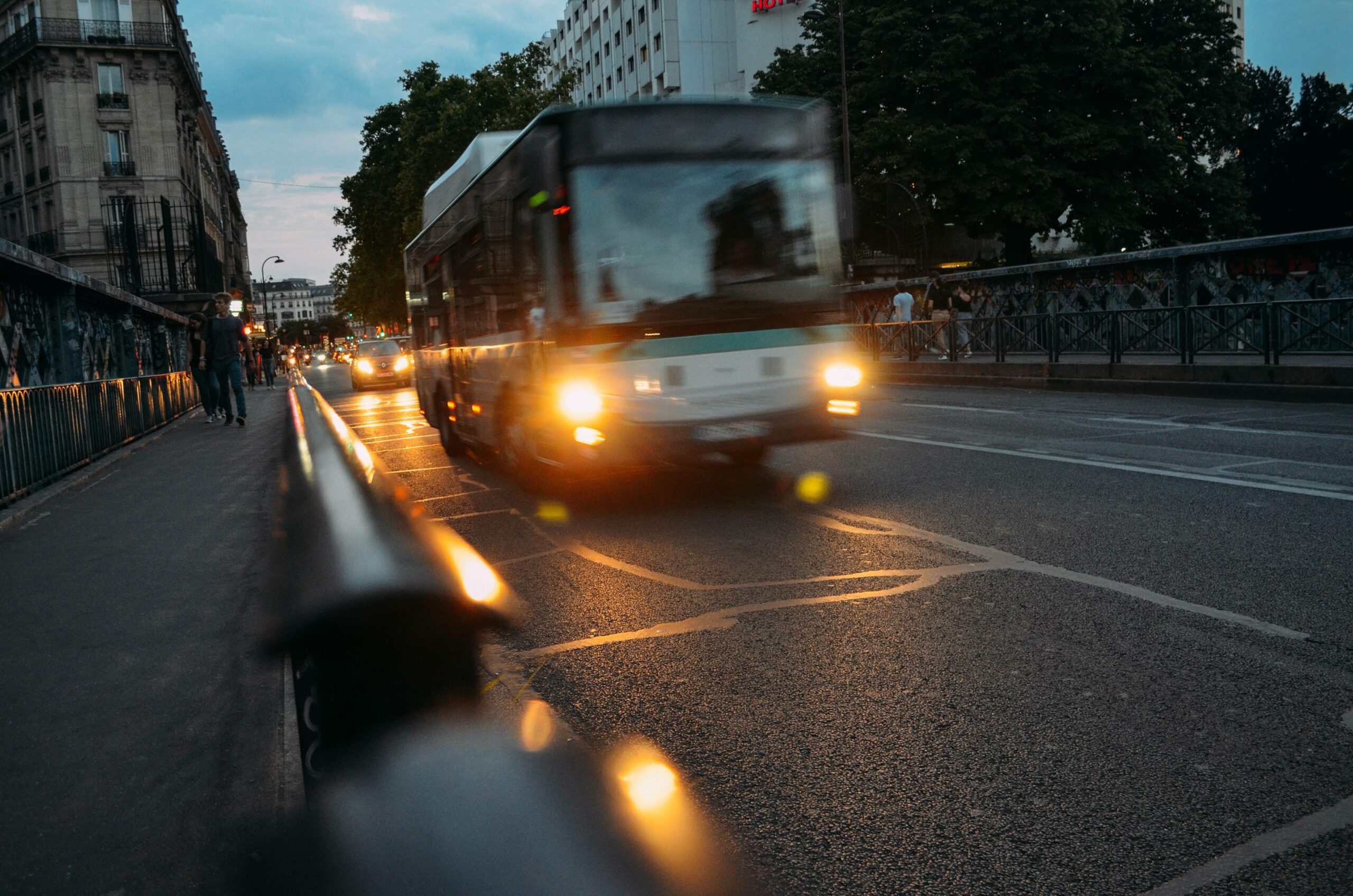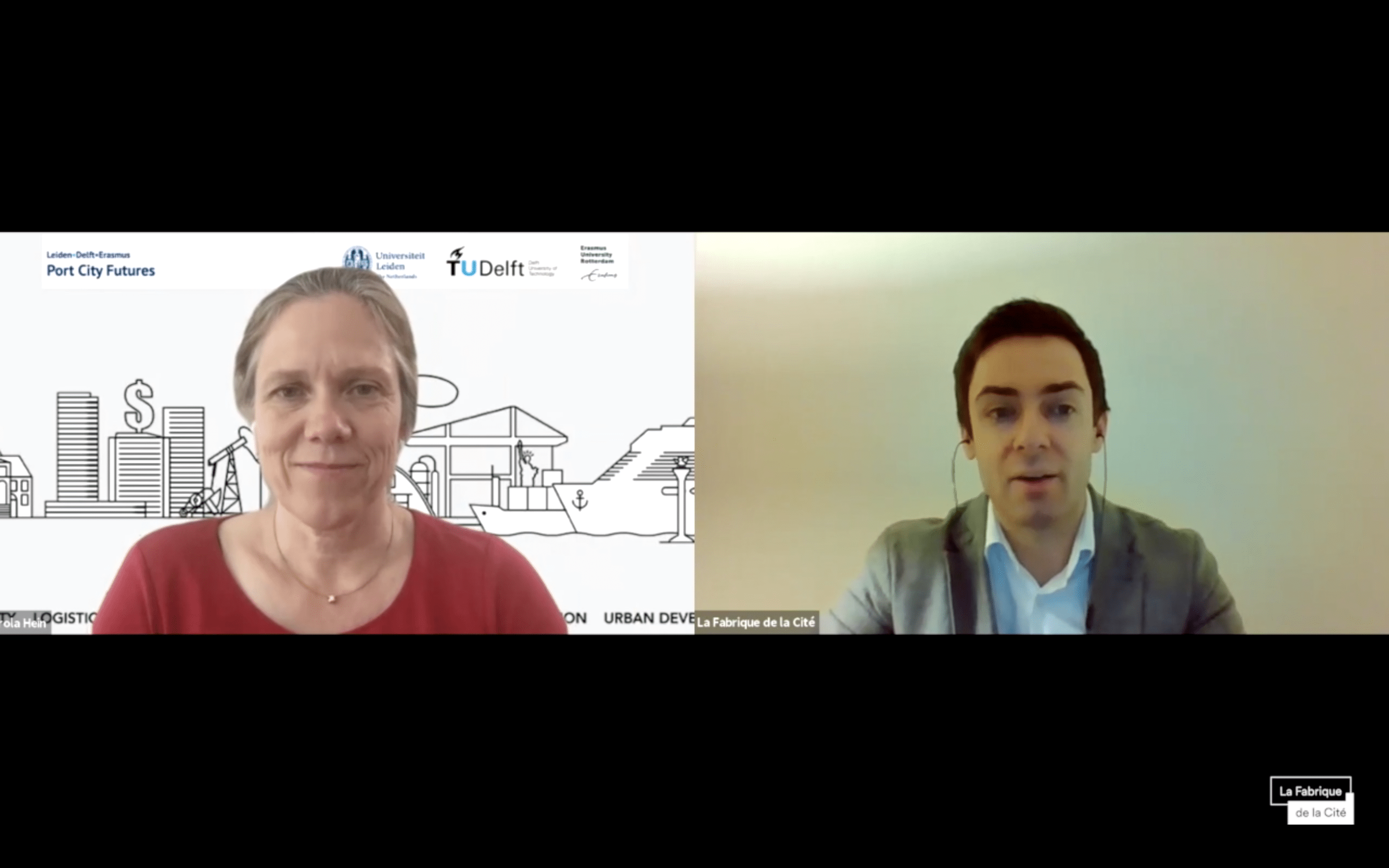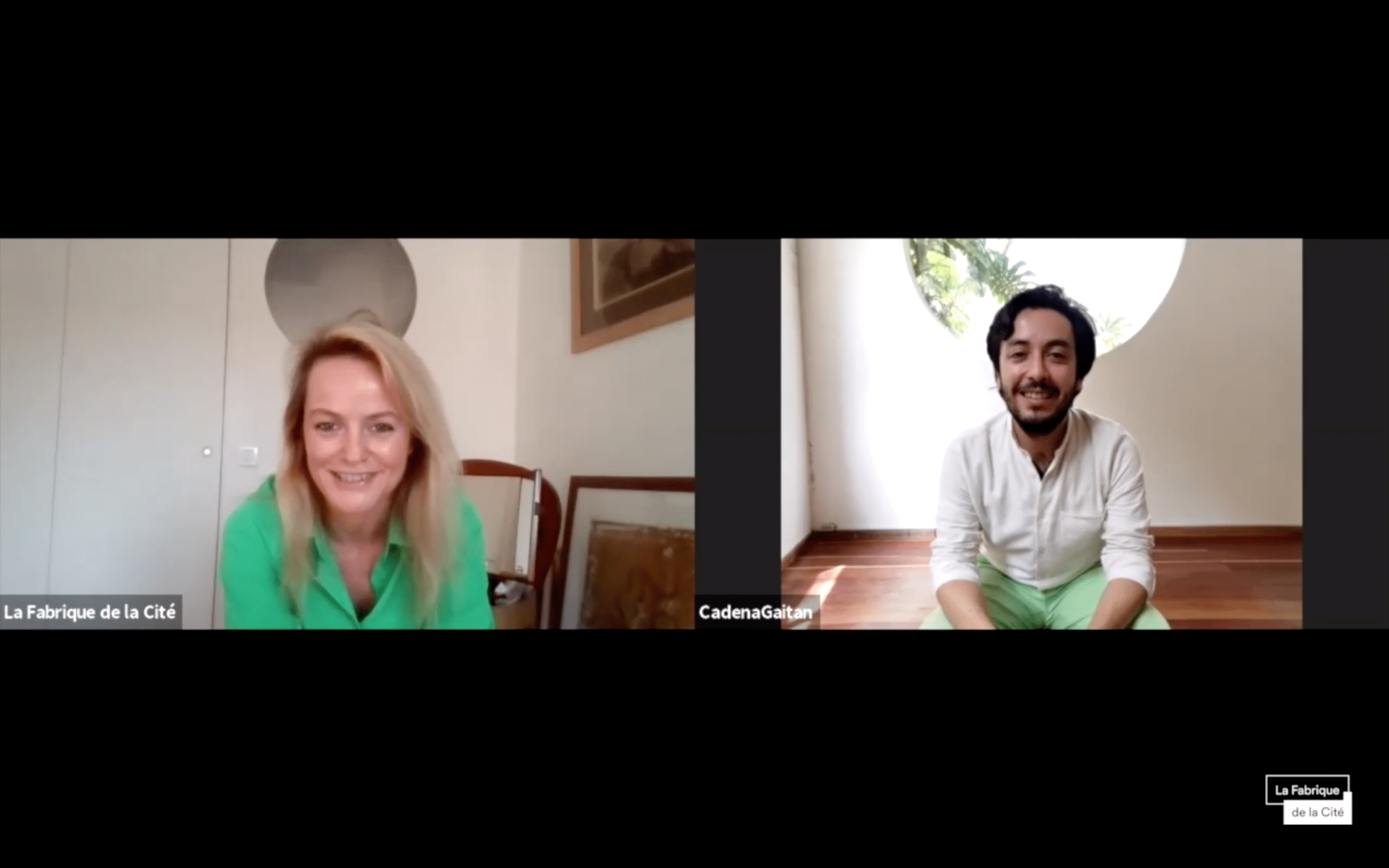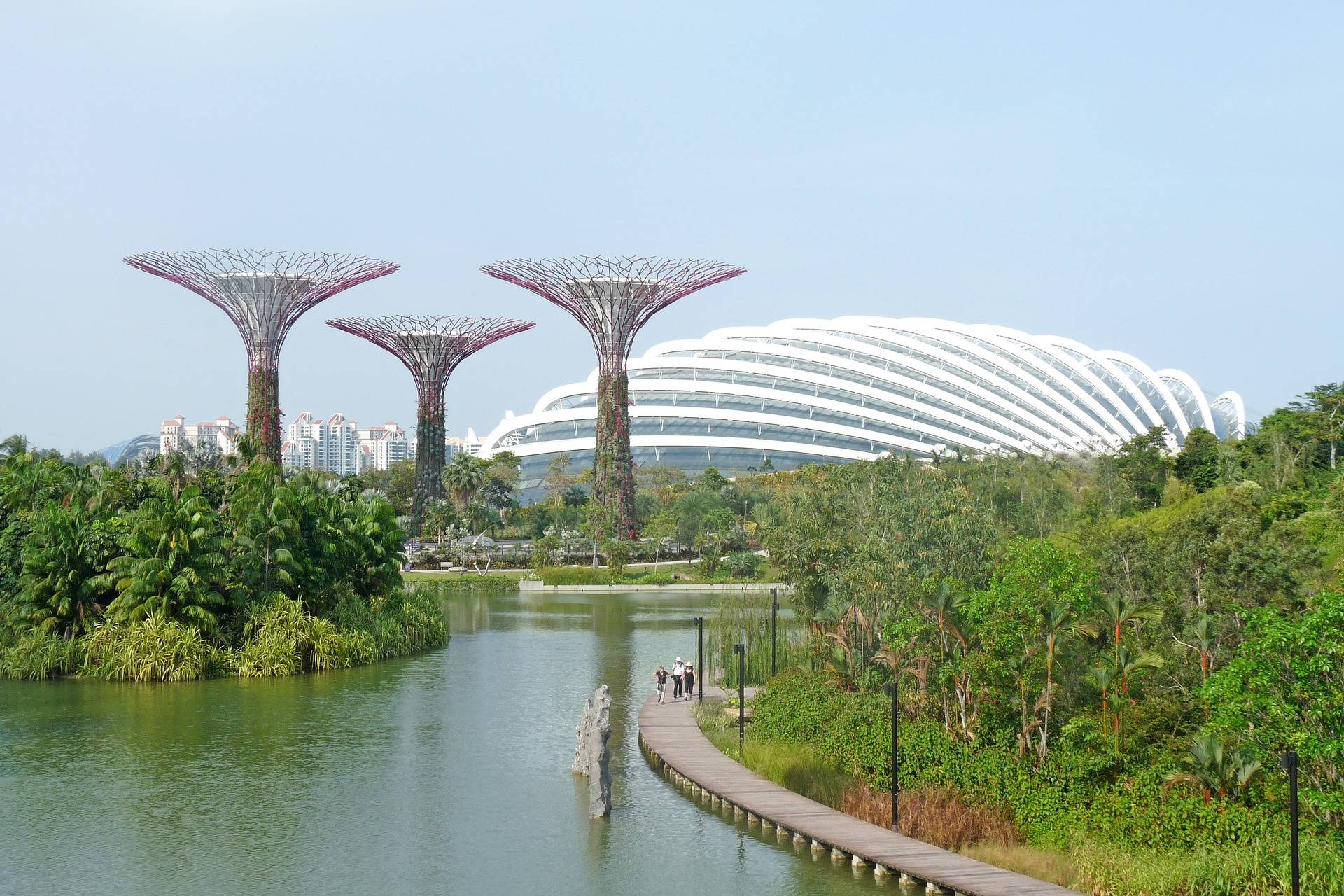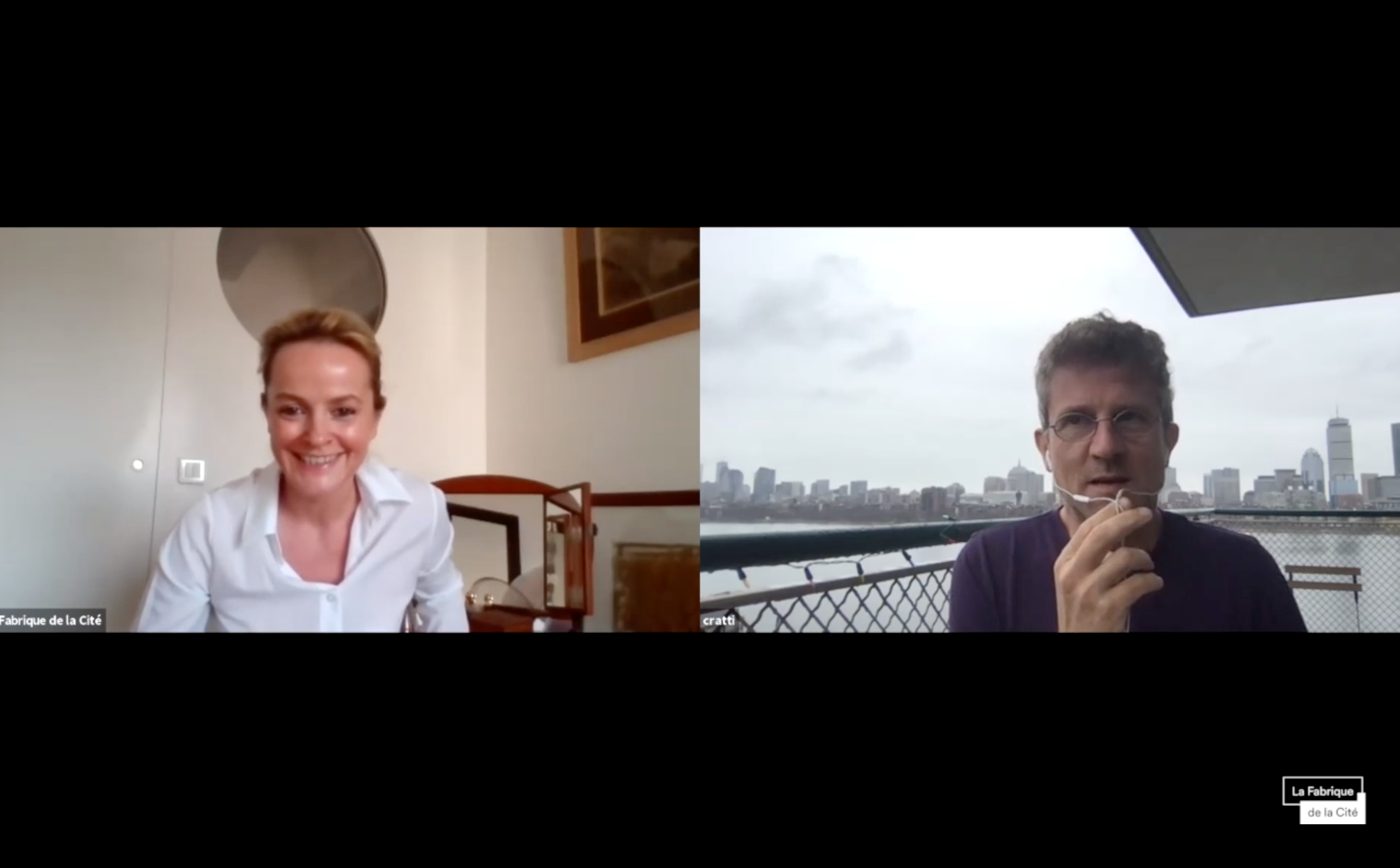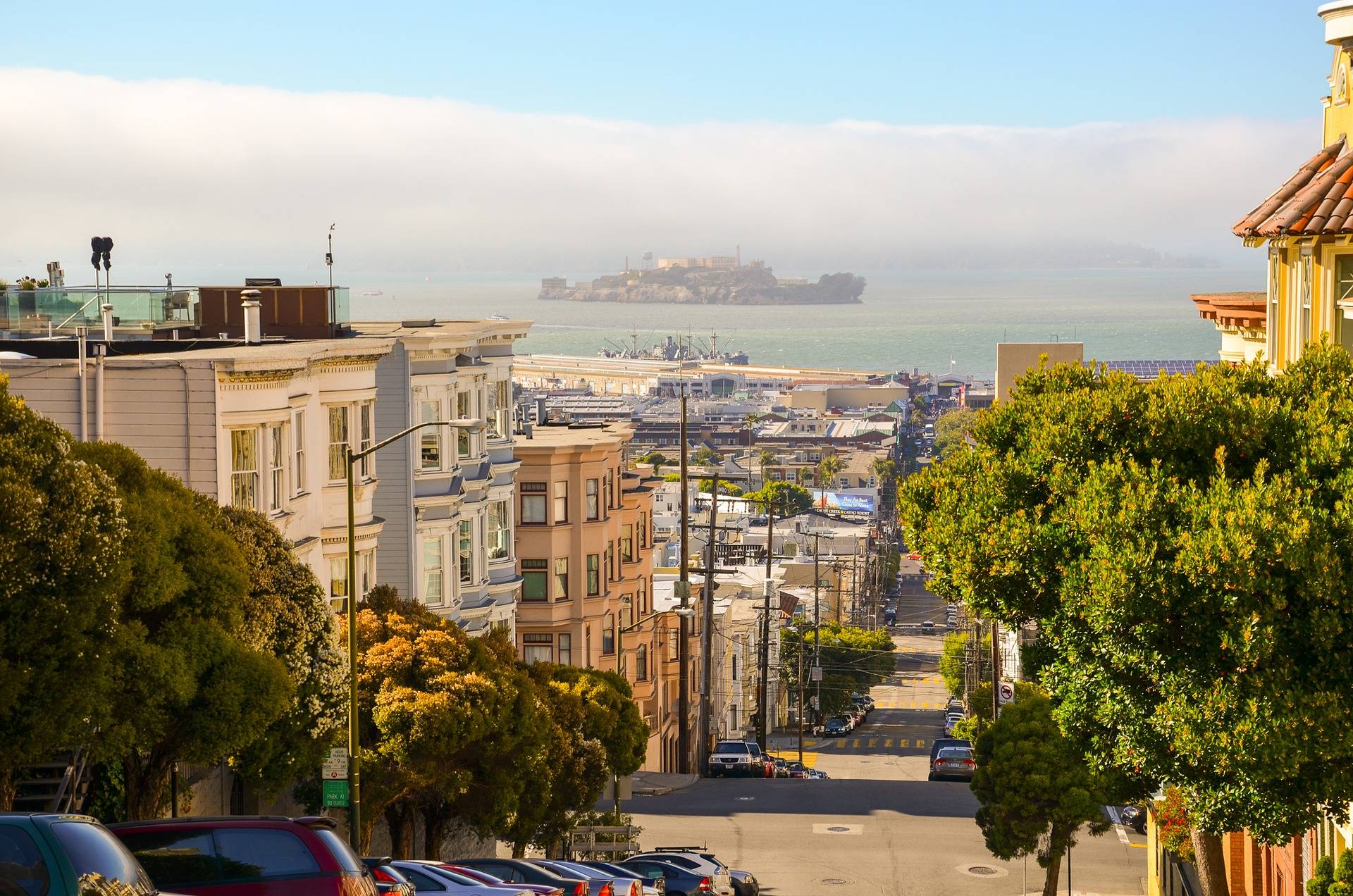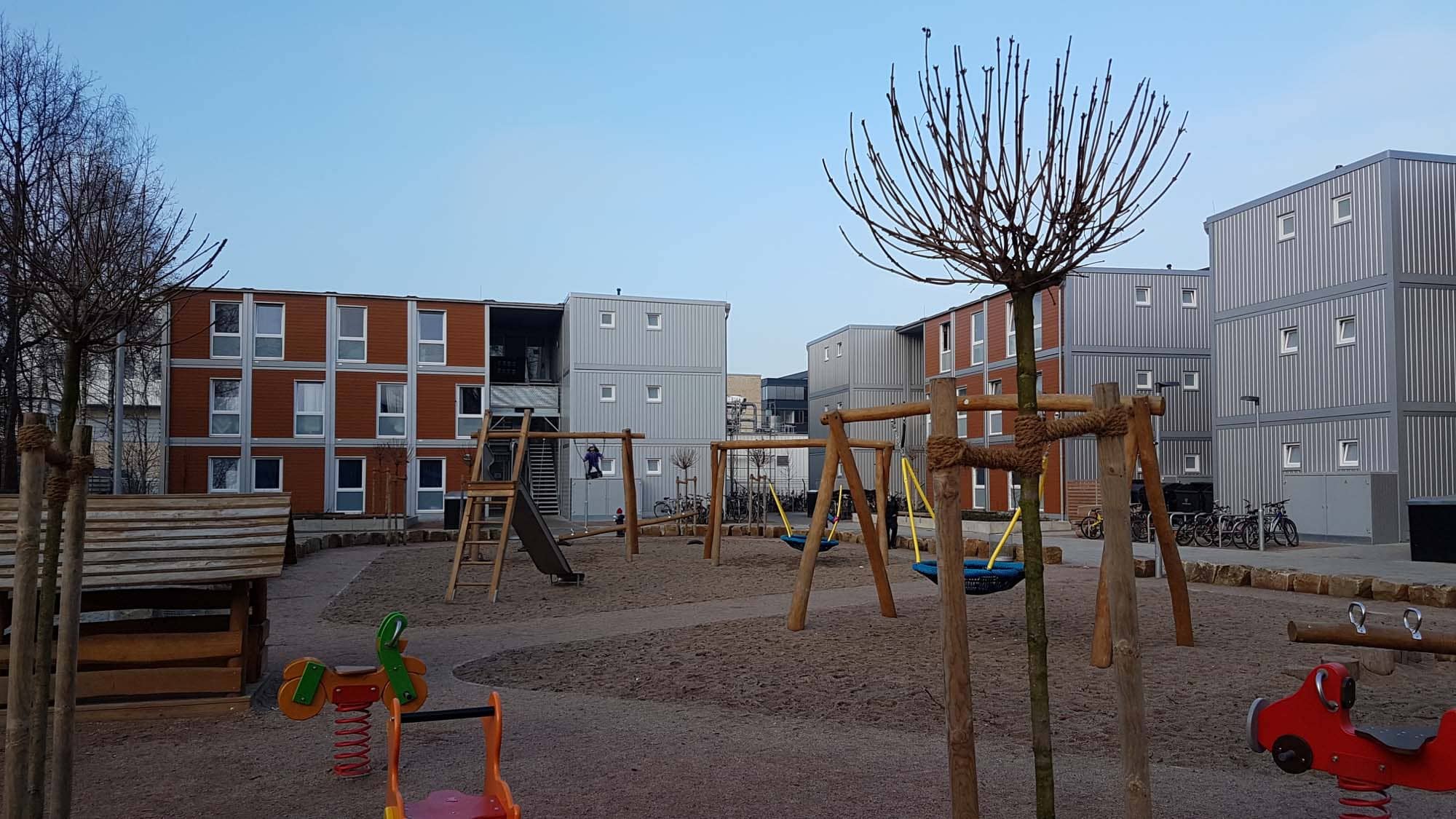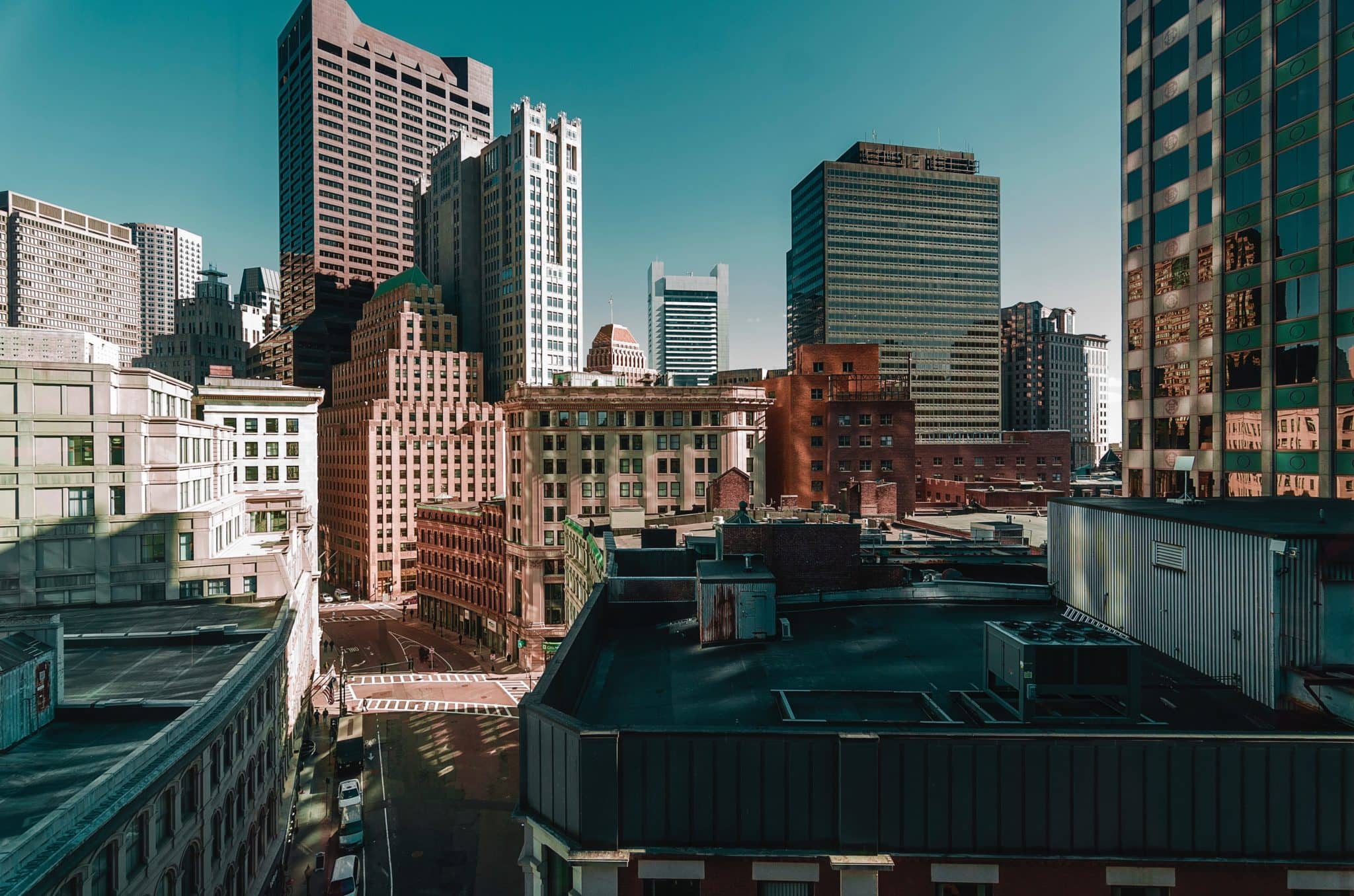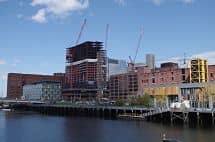

Is resilience useful?
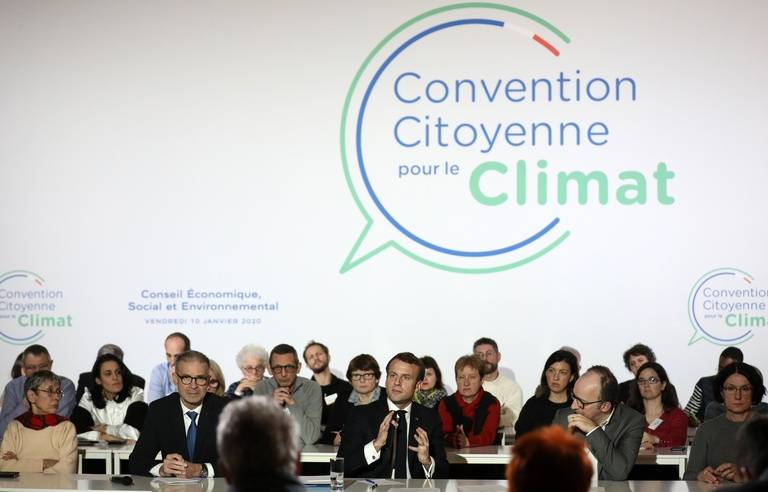
Resilience is everywhere: in the French National Assembly, where MPs are debating the Climate and Resilience Bill, which is largely based on the work of the Citizens Convention for Climate; in multilateral institutions, with the OECD Secretary-General proposing to the G7 countries an emergency forum to assess the resilience of global production and supply chains. This is not surprising: the pandemic, a health shock, creates a chain reaction on the economy, society, and even, tomorrow, here and there, on the stability of political systems; and resilience is about coping with a shock, i.e., ensuring that systems continue to function despite said shock.
But a question must be asked: do all those who say the word “resilience” have the same thing in mind? This is rather unlikely, as the concept is so complex and debated. For Angel Gurría, resilience is inseparable from openness and fairness in international trade. But a European citizen who sees the number of people vaccinated in the US or the UK soaring would be tempted to conclude that resilience requires nationalism, protectionism, and ‘every man for himself’. The same type of reflex can be observed at the local level, with this idea of a need to return to the local, to proximity, and even to self-sufficiency, which would be the major lesson of the pandemic. It doesn’t matter that we didn’t have to ask ourselves the question of what we were going to eat when we were confined, precisely because of the multiplicity of supply chains; yet, the idea is anchored that local food is “good” in essence.
If we really want to talk about resilience, it might be useful to remember that it starts with an understanding of the facts and causes of the crisis. In this case, if the lesson we learn from this crisis is a shift from the all-global, marked by an opportunistic splintering of supply chains to the detriment of their security, to the all-local without assessing the considerable risks associated with it (centuries of history are there to remind us of this), then this crisis will have served no purpose. “We will be lost if we turn in on ourselves; saved only if we work hard with our brains to know better and imagine faster”. Let us not forget these words by Marc Bloch (L’étrange défaite, p. 182) when we speak of resilience, to remember that sovereignty is not protectionism, just as autonomy is not autarky. The virus is global, the solutions to it – the vaccines – pure products of globalization. This observation is just as true for tackling the other immense challenges, for example environmental challenges, that our cities and territories must face.
These other publications may also be of interest to you:
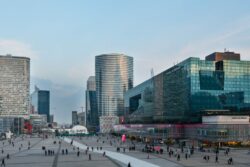
Death and life of CBD
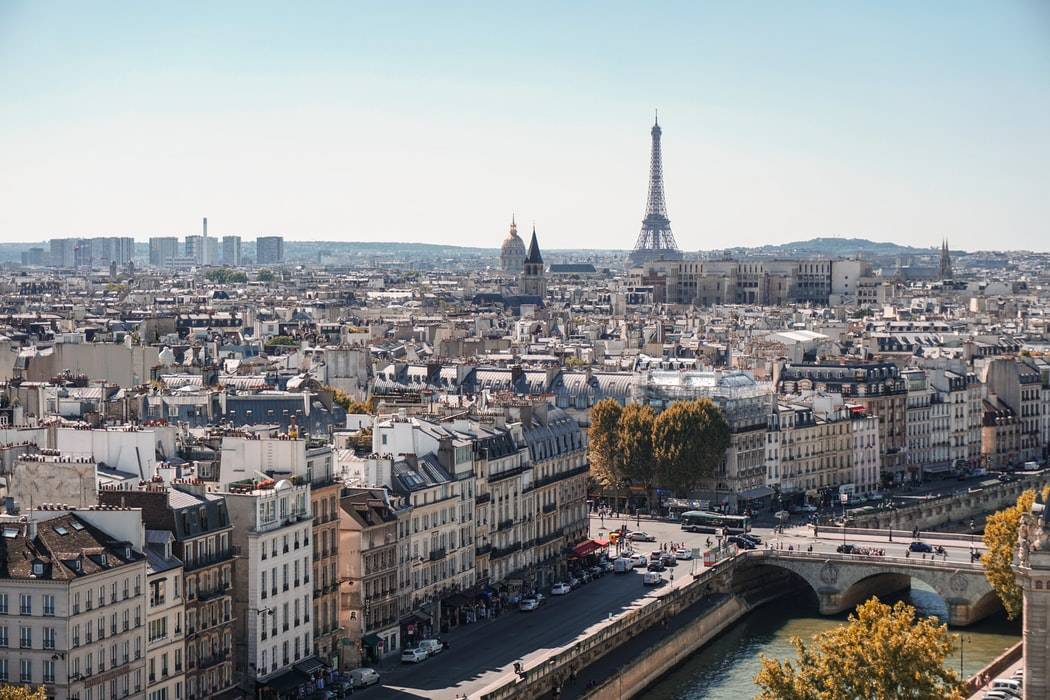
Long live urban density!
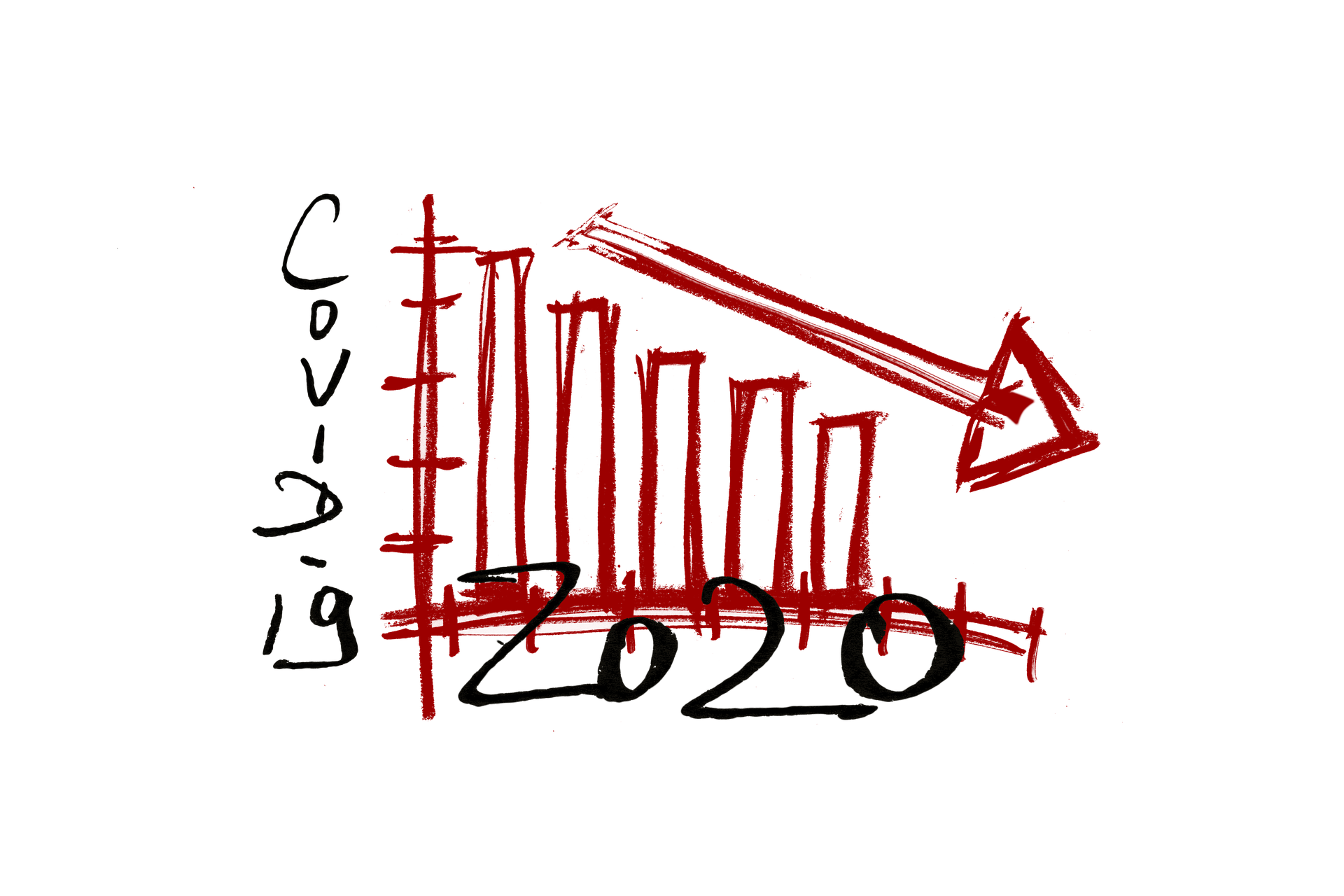
Behind the words: Recovery
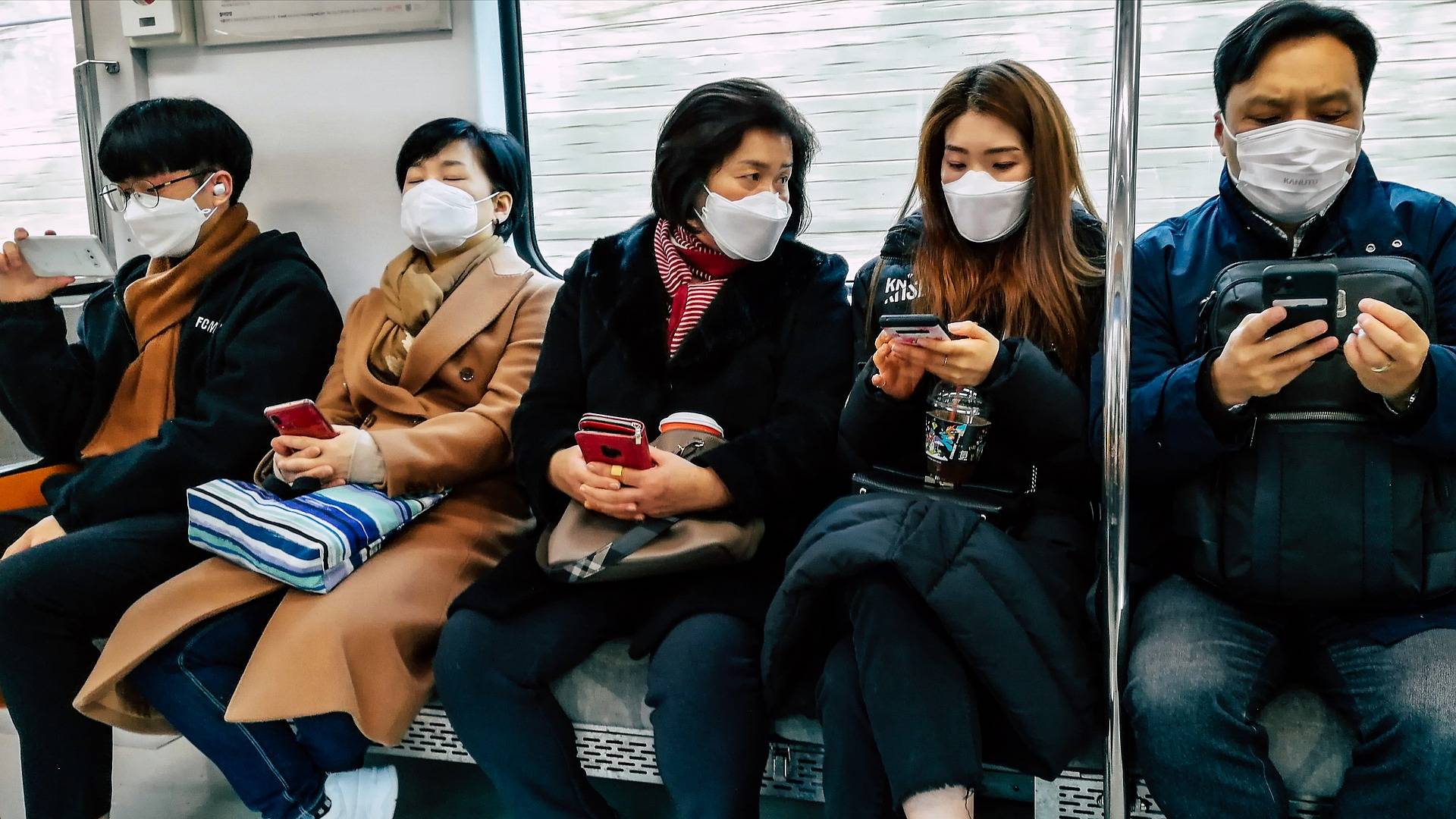
Sending out an SOS
The ideal culprit
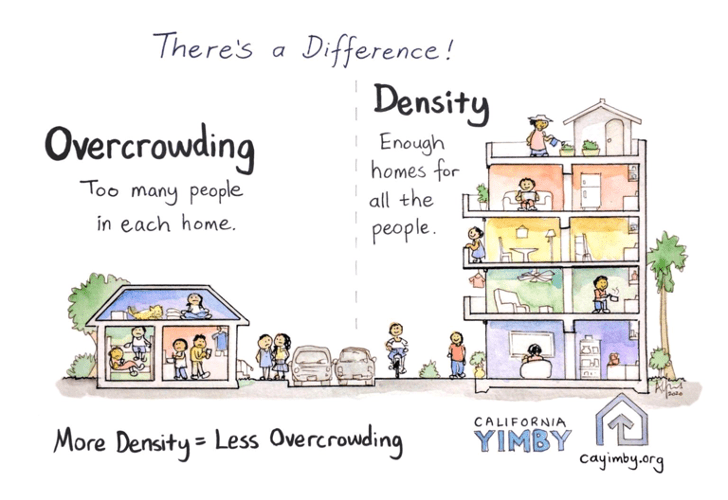
Behind the words: density

Behind the words: telecommuting
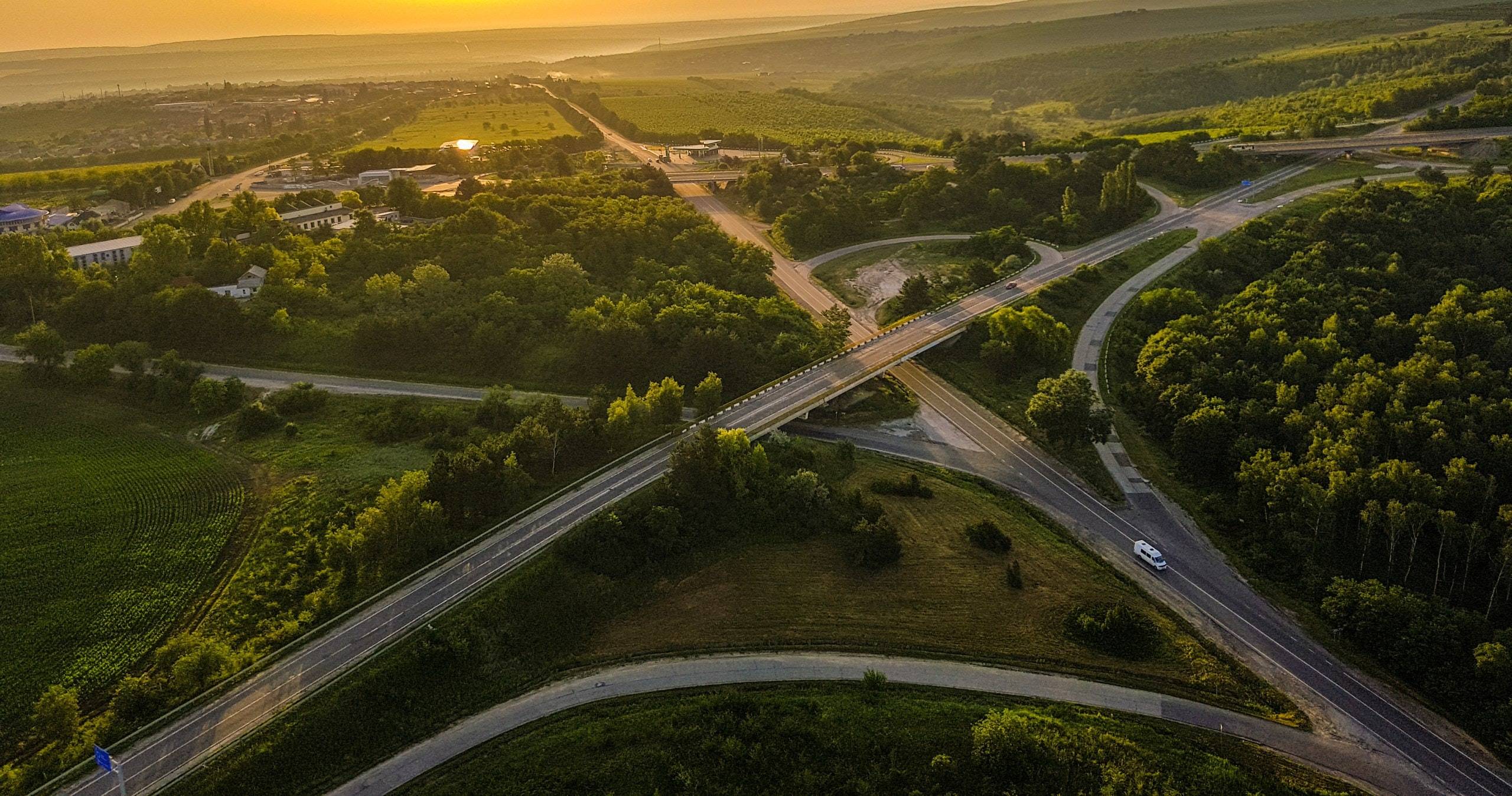
Behind the words: urban congestion

Behind the words: food security
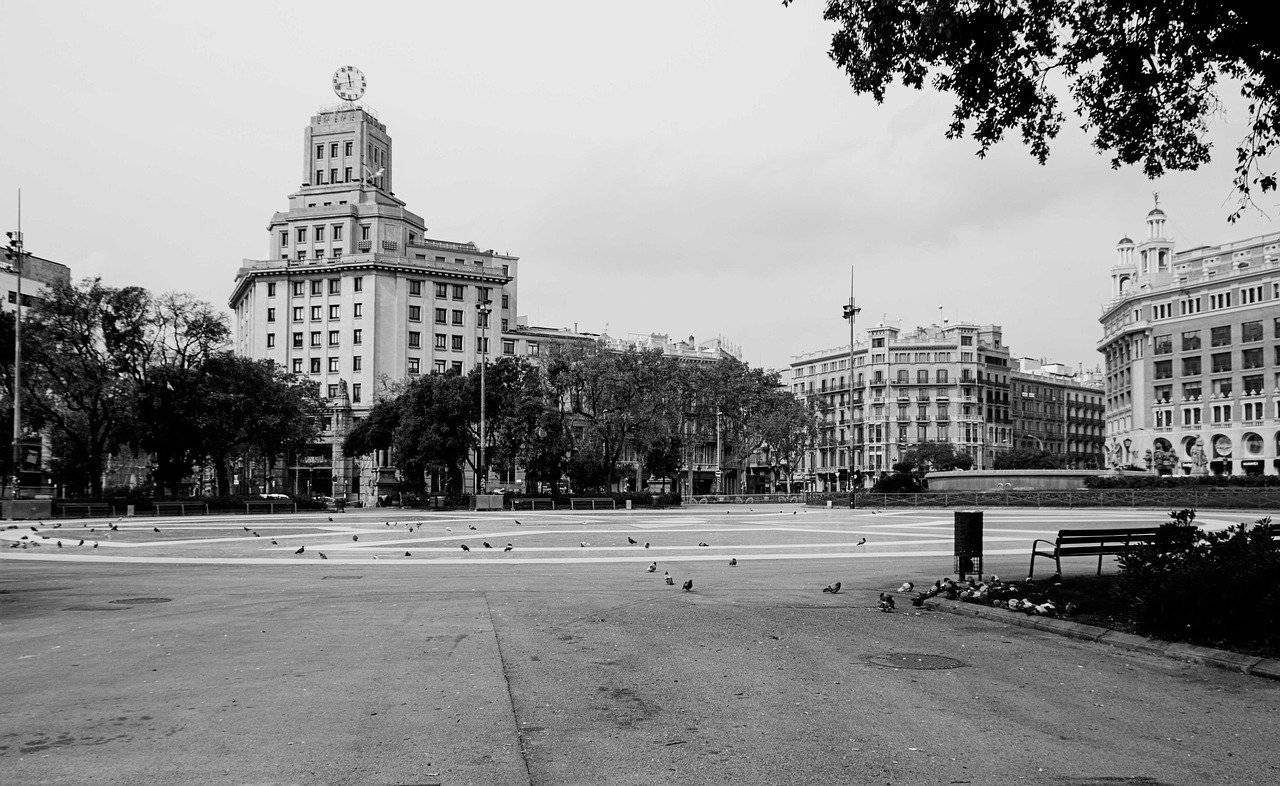
180° Turn
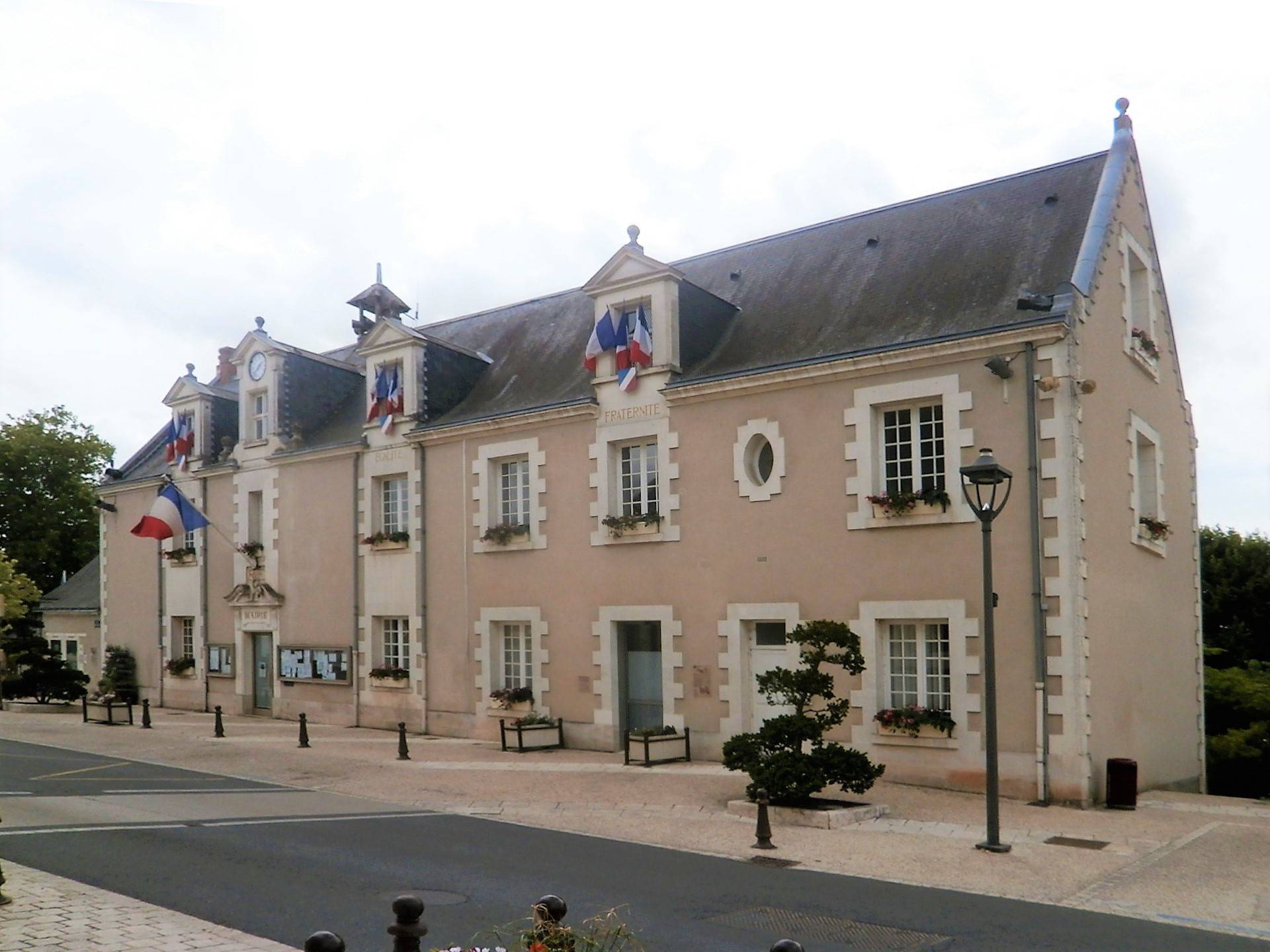
Cities in safe boot mode
Across cities in crisis
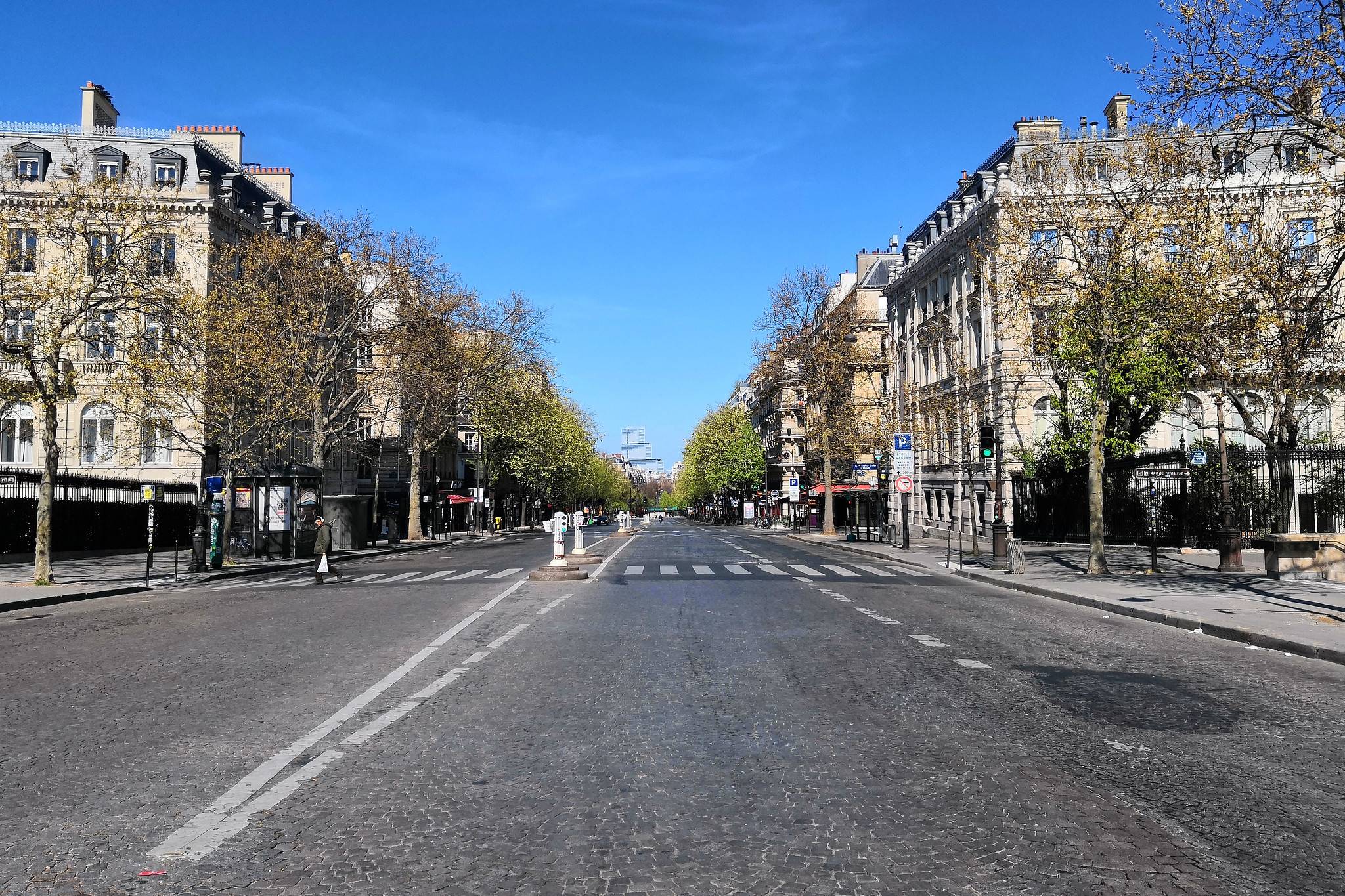
A street named desire
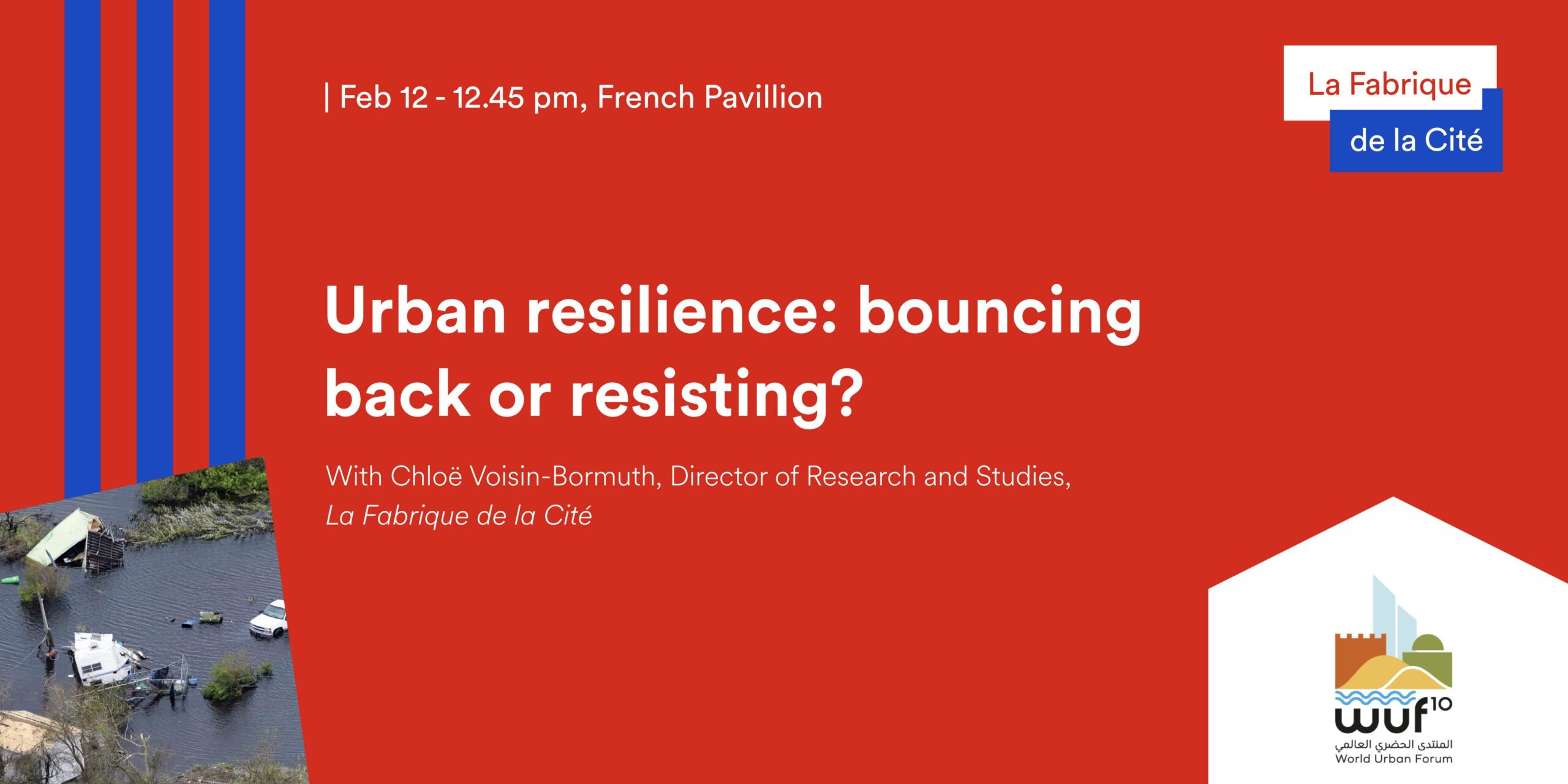
Resilience: an operational concept?
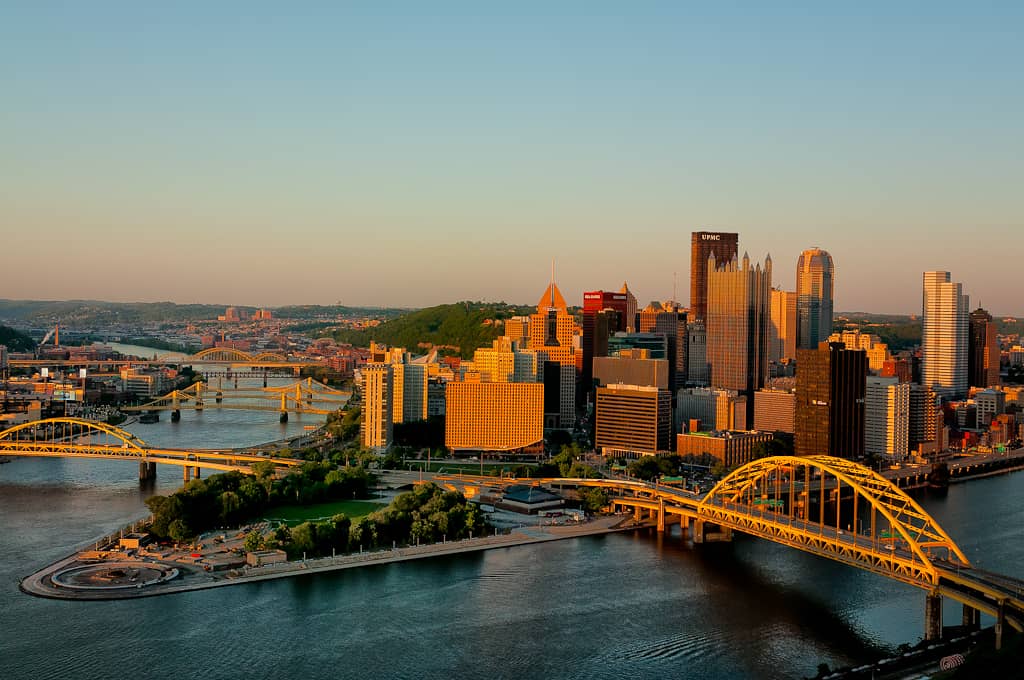
Pittsburgh: From industrial city to innovation hub
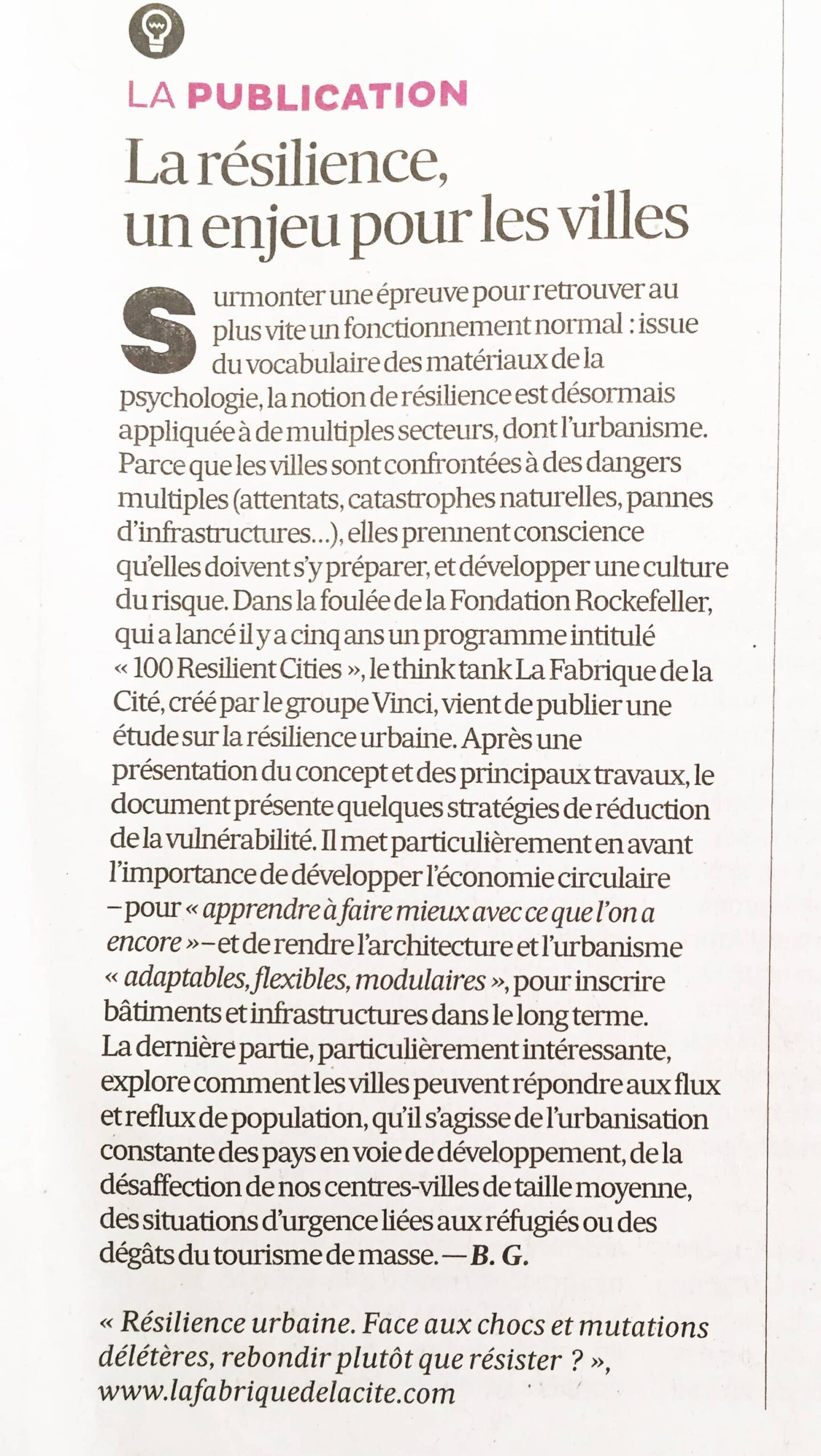
Resilience, a critical stake for cities
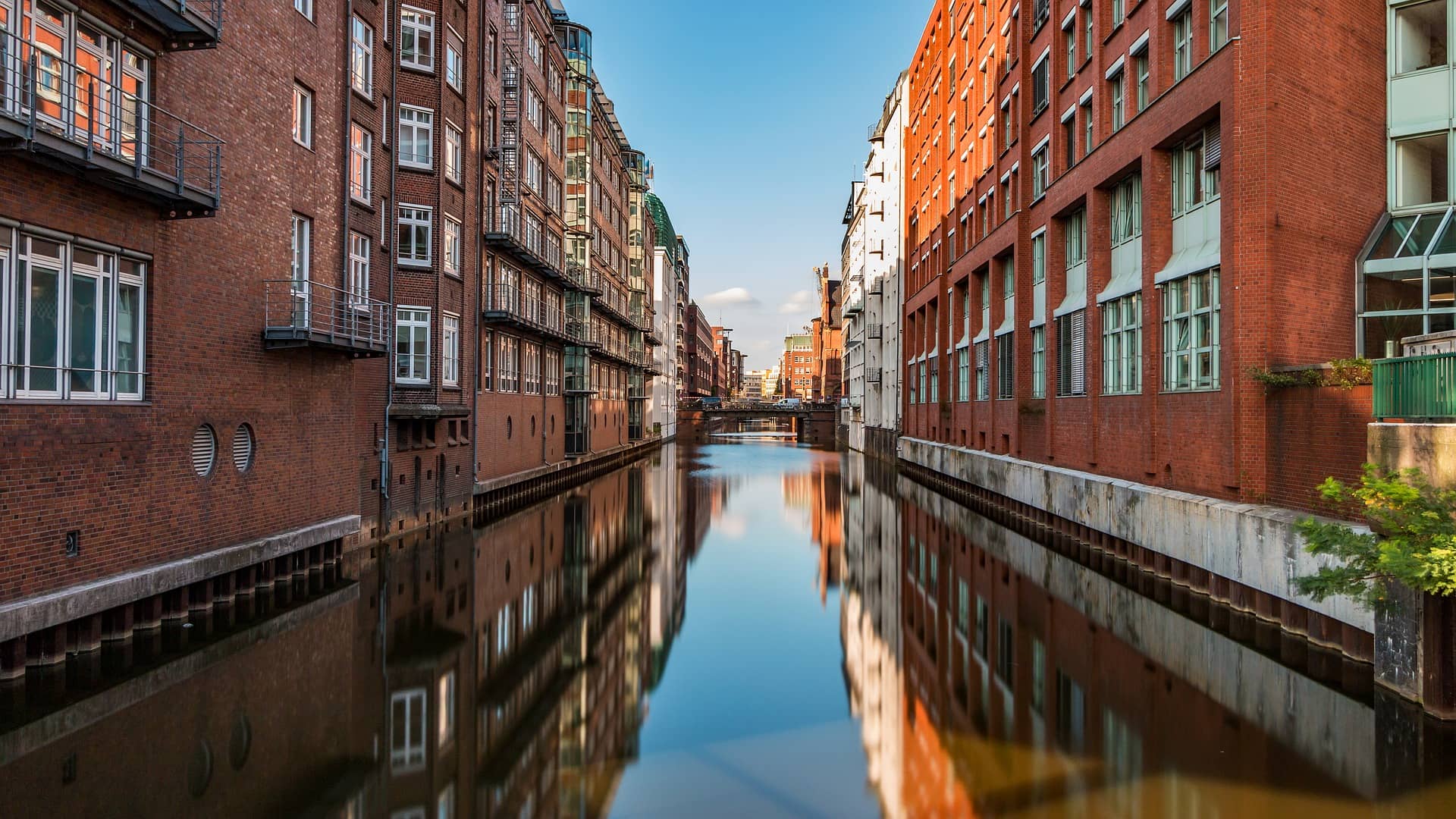
Hamburg
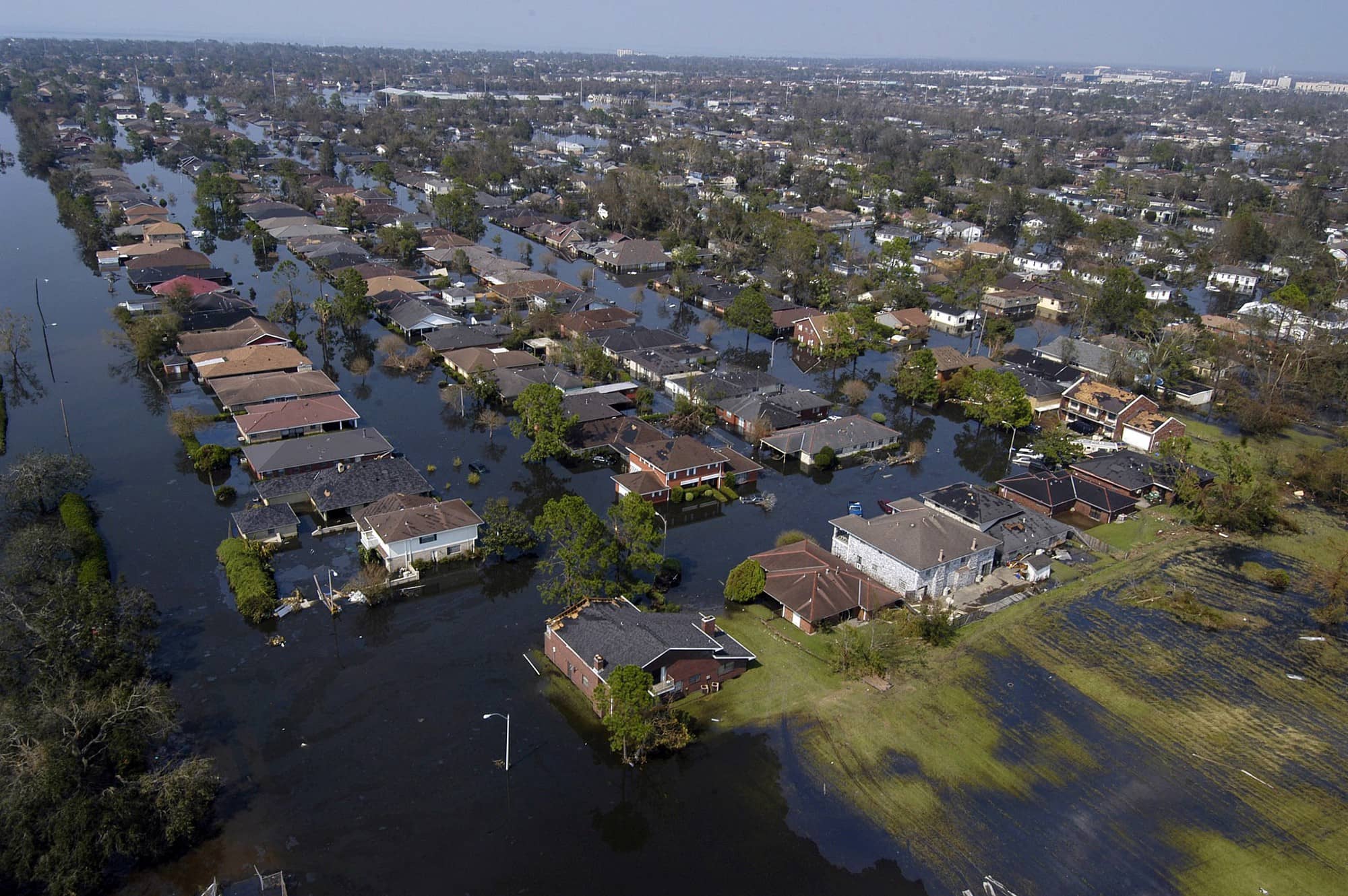
Urban Resilience
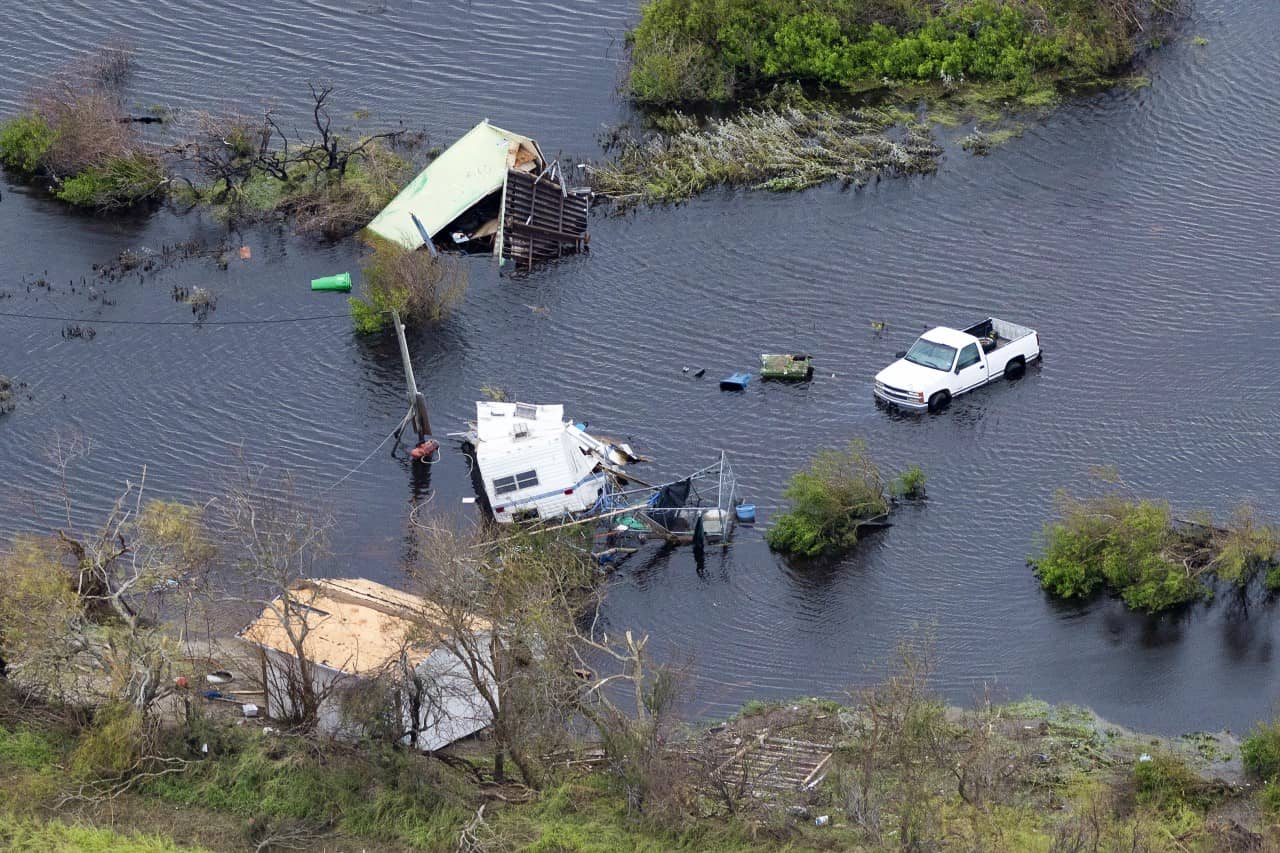
The 5th element

Boston Focus
La Fabrique de la Cité
La Fabrique de la Cité is a think tank dedicated to urban foresight, created by the VINCI group, its sponsor, in 2010. La Fabrique de la Cité acts as a forum where urban stakeholders, whether French or international, collaborate to bring forth new ways of building and rebuilding cities.














